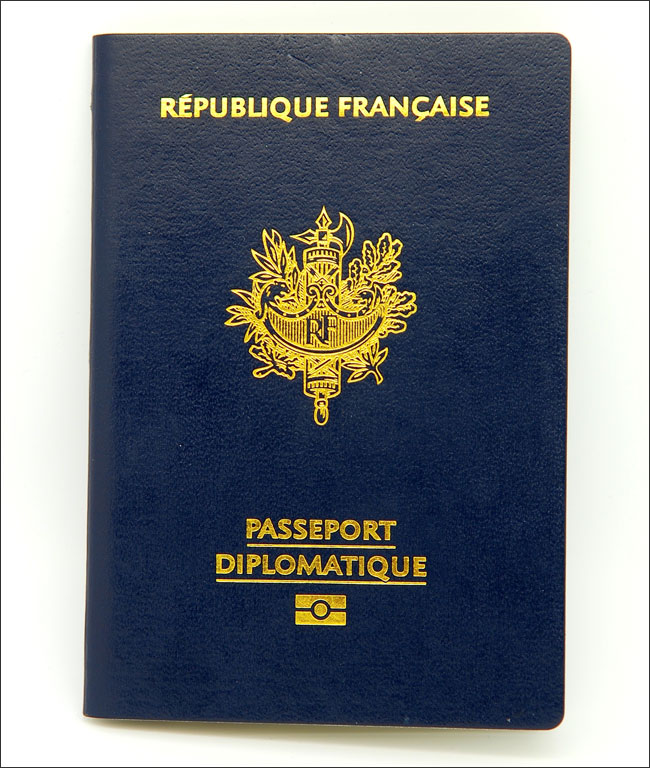Benalla does have a diplomatic passport. The Quai d'Orsay confirms … but opens a series of questions
(B2) The French Foreign Minister has just largely confirmed the information published by Mediapart on the fact that Alexandre Benalla, former adviser to the Elysée, in charge of the security of President Emmanuel Macron, had a diplomatic passport
This confirmation came on Thursday evening (December 27), through a communicated of the Quai d'Orsay spokesperson. Either very quickly after publication of the article by our colleague (this morning). This testifies to the concern that this 'new Benalla affair' takes. But it raises just as many questions as it answers...
The minimized effect of the diplomatic passport
Le Quai first recalls the principle of the use of the diplomatic passport.
« The diplomatic passport is a travel document, intended to facilitate the travel of its holder, within the framework of his official functions. It does not confer on its holder any immunity, whether the latter is on French territory or abroad. »
A very minimalist vision of the passport, the issuance of which is governed by a decree (n ° 2021-20 of January 6, 2012). Certainly diplomatic immunity in a foreign country is not attached to this passport, but it constitutes a serious presumption. Its possession avoids any more serious control (of identity or baggage) at a customs or border post and facilitates the passage.
Two passports, not one
The Quai d'Orsay spokesman then confirms that A. Benalla did not have one, but two diplomatic passports. And that a procedure has been initiated to return them (without effect).
« The Ministry for Europe and Foreign Affairs asked Mr. Benalla, by registered letter of July 26, 2018, to return the two diplomatic passports in his possession (issued respectively on September 20, 2017 and May 24, 2018). This letter was withdrawn on August 6, 2018, by a person with power of attorney from Mr. Benalla. In addition, he had undertaken in writing on May 23, 2018 to return these documents at the end of the functions which justified the attribution. »
It can be noted that a second passport was issued after the events of May 1 when the adviser to the Elysée came to "observe" an opposition demonstration. Event known to the Elysée since the person concerned was laid off by the chief of staff (Patrick Strzoda) for two weeks, from May 4 to 19. Surprising.
The use of the passport known by the press
Finally, the press release from the Quai does not exclude possible prosecution:
« Any use since then of these passports would have been made despite the commitments made by the person concerned. In view of the press reports tending to indicate that Mr. Benalla would have continued to use these documents, the Ministry for Europe and Foreign Affairs is examining the follow-up to be given, including legal action. »
A series of unanswered questions
A priori, the authorities were not aware of the use of these documents and would have learned of it only through the press. In the end, the ministerial response raises as many questions as it resolves, which challenge (administrative dysfunctions, leniency, etc.):
- Why was a second title issued for A. Benalla when he was laid off? Who countersigned the diplomatic passport application?
- Why was the first title not returned at this time? Was it lost or stolen?
- Why did the non-return of an identity document at the end of the mission of the former Elysian adviser only give rise to a single letter of injunction? Were there any other procedural acts? Otherwise why such laxity? Why is the referral to the prosecutor not already effective?
- Was there, for example, an alert in the Schengen file, as with the British authorities (the person concerned now residing in the United Kingdom)? Etc.
(Nicolas Gros-Verheyde)
Download the communicated from the Ministry of Foreign Affairs (December 27)
Read also: Some observations on the Benalla case

